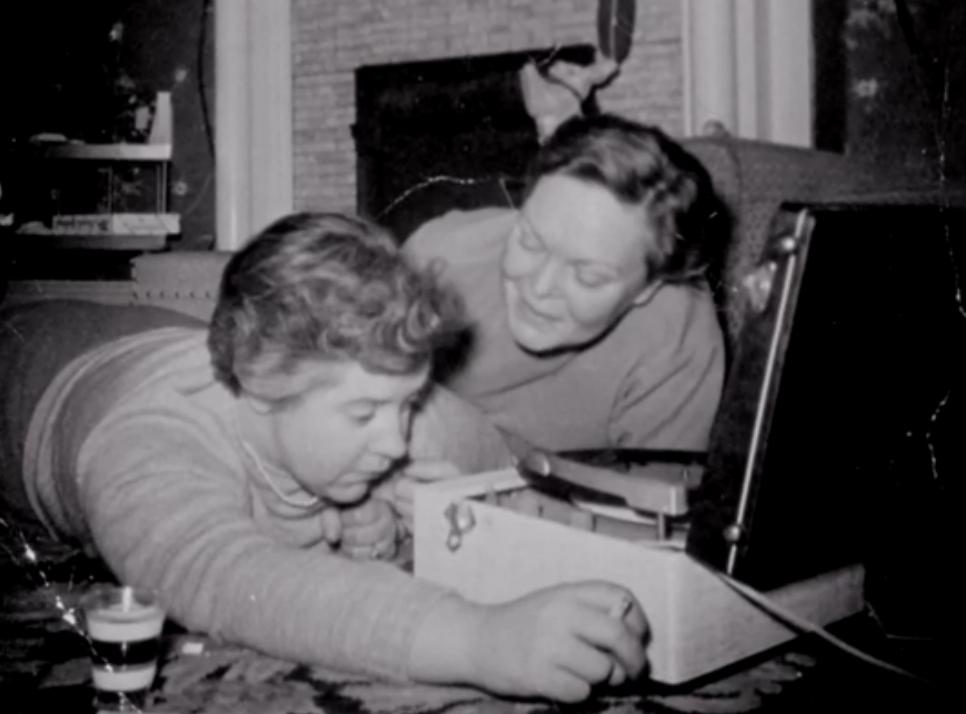Forbidden Love: The Unashamed Stories of Lesbian Lives (1992) screens on Dec. 7
On Dec. 7 Cinema Politica will be putting on their last screening of the Fall: Forbidden Love: The Unashamed Stories of Lesbian Lives. The screening will be accompanied by a book launch with Queer Film Classics. This award-winning documentary, originally released by the National Film Board in 1992, follows the early life stories of several lesbian women. The film will be screened in the 2014 digitally remastered version.
Forbidden Love is largely a series of informative interviews with a handful of senior queer women who share details of their younger lives, mostly from the ‘40s through the ‘60s. Some of the first interviews highlight how these women first realized their sexuality, which for some was through a genre of books known as “lesbian novels.” Lesbian novels were dramatic stories of two females who fell in love but—in reflection of the times—were usually punished for their behaviour, and the stories ended in tragedy.
This tendency for unhappy endings was challenged by Ann Bannon, who wrote a famous series of lesbian novels whose heroines could stay happy together. Bannon is one of the women interviewed in Forbidden Love.
Lesbian novels may have made an impression on the film’s writers-directors, Lynne Fernie and Aerlyn Weissman, because they open the documentary not with interviews but with the beginning of a fictional narrative presumably between two queer lovers separated by society. The interviews then start but are all throughout briefly interrupted by a continuation of the short story. The two aspects of the film go back and forth until the short story’s steamy ending, which is also the ending of the documentary itself. The ending is not as sexually explicit as Blue Is the Warmest Color, but may have been controversial back in 1992.
These women’s stories really lead the audience to understand the risks that were taken in a time when homosexuality was illegal. Their anecdotes range widely from accounts of abuse, to first experiences in a gay bar, to finding solace in community and are often funny and sometimes sad.
The film is also geographically diverse, as the guests come from across Canada, and racially diverse, with white, black or aboriginal women interviewed.
The lesbian-novel-inspired narrative is a fun framing to the film, but is a bit distracting from the deep interviews being offered. Fortunately, it does not take up much screen time—perhaps just over 11 minutes spaced throughout the film.
Though some of the outfits may be straight out of an episode of the Golden Girls (which may not really be a bad thing) and a bit of the music could be considered corny, this documentary is considered a classic for a reason. The interviews are excellent and the histories are invaluable.
Forbidden Love: The Unashamed Stories of Lesbian Lives is screening is on Dec. 7 in room H-110 at 7 p.m. Co-directors Lynn Fernie and Aerlyn Weissman will be among several special guests in attendance.
